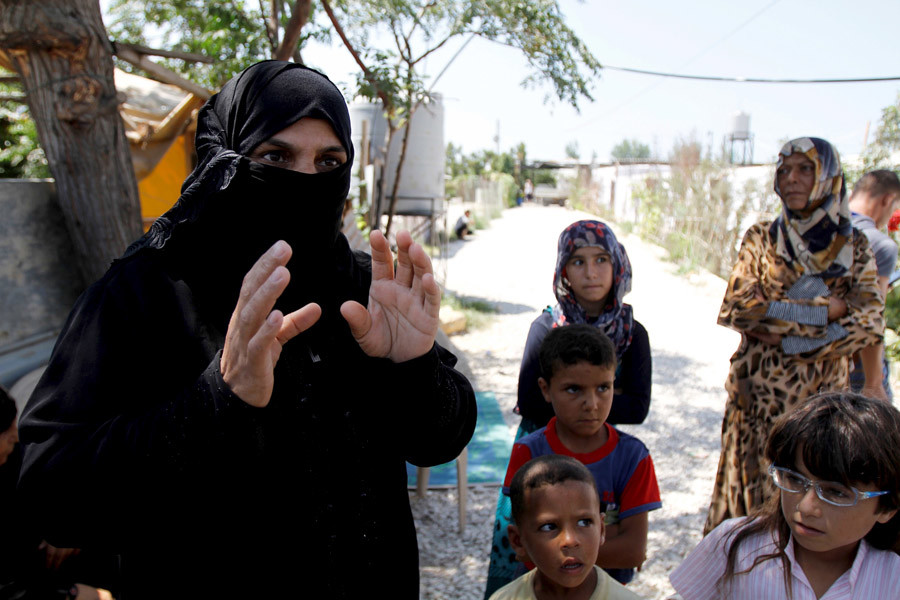Beirut- Human trafficking is one of the notoriously spread forms of corruption in Lebanon. It has afflicted Lebanese societies over the course of time in different ways; however, with the recent intensifying Syrian refugee crisis, the illegal exploitation of underprivileged humans has taken on a new level. A million and a half refugees, especially of which who are women and children, have not only become the weakest link in the society, but have also become the human traffickers’ bread and butter.
Year in and year out, coerced labor into the sex trade and begging on the streets have morphed into a phenomenon featuring both children and families undergoing difficult times. It is also worth mentioning that coinciding with the rumored selling of children under the name of “adoption”, are morbid street whispers of information on occasional selling of organs.
If it were not for the coincidence of exposing Lebanon’s largest network of prostitution, and freeing tens of girls – who were held against their will and violently abused by the sex industry- the link to the wider network of human trafficking would not have been unlocked.
Recently apprehended members of the prostitution network were taken down and exposed by a Lebanese officer who received training at the U.S. International Visitor Leadership Program (IVLP).
Sources frequently emphasize that the range of illegal adoption, otherwise known as selling of children, is on the way of widening its span in ratio with the increasing Syrian refugee influx. Not to mention that documented data raised a red flag on the illegal trading of children since the Lebanese civil war, in which thousands of cases on Lebanese children being inhumanly auctioned were raised.
The 2015 Trafficking in Persons (TIP) annual Report, the U.S. Government’s principal diplomatic tool to engage foreign governments on human trafficking, confirmed that Lebanon is not committed to the least preventive and counter-human-trafficking measures. Next to all that, the Lebanese government has not provided the minimal public services and protection to victims of what is internationally considered an insult to human dignity. Instead, the Lebanese government passes most of the human trafficking work to NGOs.
